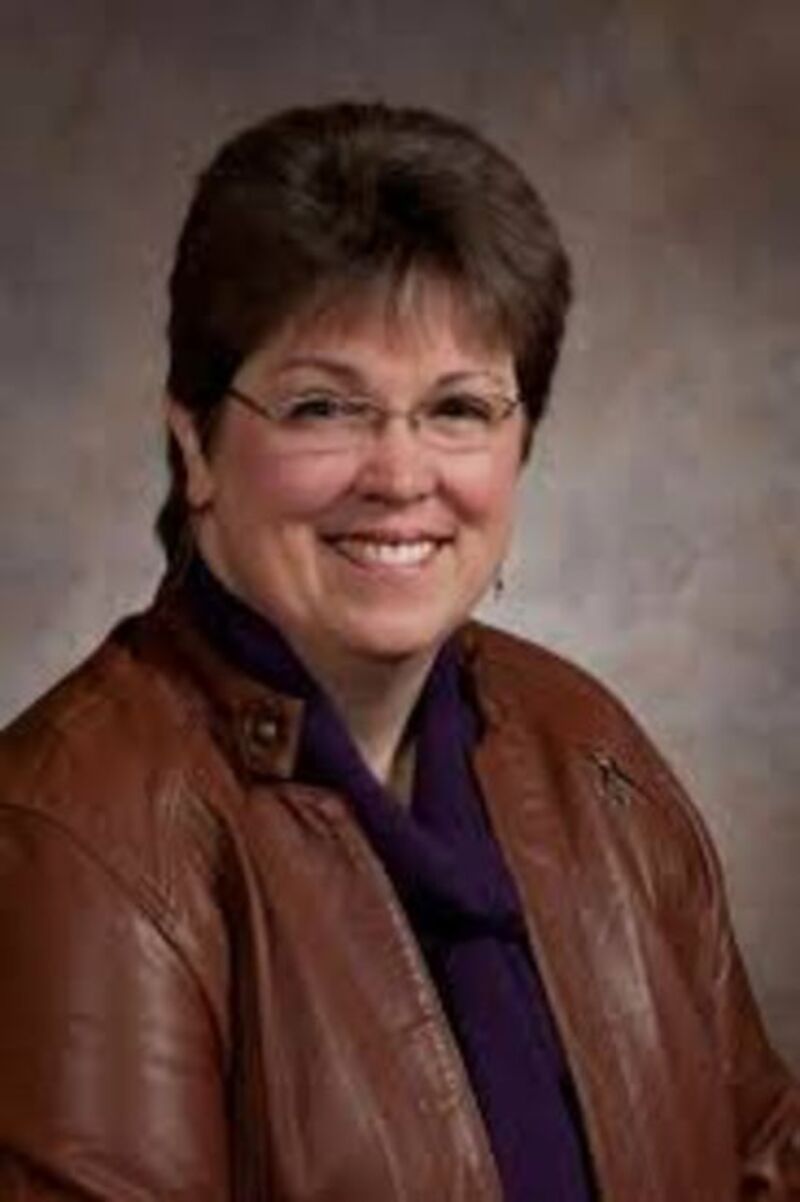"The quality of interpreters is so important. I need someone who has the fluent skills to work with me,” Leah Simmons explained. “Their lack of knowledge reflects negatively on me.”
Professor Simmons uses specific jargon and language. Her colleagues and students judge her by the language she uses. She cannot communicate directly to hearing students.
Professor Simmons is Deaf. She is part of a community of Deaf and Hard of Hearing people working to upgrade skill levels and regulation of Sign Language Interpreters.
At the same time, ideologically conservative groups from outside Wisconsin are working to de-professionalize many occupations. Sign Language Interpreters are on the top of their list.
I became aware of the effort to eliminate certain occupational and professional licensing as a member of the Senate Public Benefits, Licensing and State-Federal Relations committee. A few months ago, this committee held a daylong hearing on legislation setting up a process to eliminate some occupational and professional licensing. Professionals from architects to registered nurses came to testify against the bills. Ideologically conservative lobbying groups spoke favorably. Several groups were from out of the state.
Moving in the Assembly was a bill (Assembly Bill 589) to increase the skill level and accountability of sign language interpreters. The bill, authored by Representative Jonathan Brostoff, was cosponsored by a bipartisan group of lawmakers including myself.
Not a single person testified against AB 589 in the Assembly. However, the Senate Committee Chairman appeared to be ideologically opposed to professionalizing Sign Language Interpreters. He refused to hold a hearing unless the bill was significantly changed.
To accommodate the Senate Chairman, a substitute amendment was passed by the Assembly. This amendment stripped out all the original bill language and replaced it with a much watered-down version. Lost in this process were important provisions to increase skills and oversight, including the creation of a board to oversee quality and accountability and a process for resolving complaints.
For the Deaf and Hard of Hearing community, having oversight and a complaint mechanism for poorly performing sign language interpreters is essential.
Imagine, you cannot hear. You can sign to those who understand but most of the hearing world doesn’t understand your language. By law, our institutions must provide interpretation services. However, the quality of interpreters can vary dramatically from place to place. You may never know what you aren’t able to hear.
During the Senate committee hearing, we heard testimony from Deaf people. Some shared fears that without proper interpretation service, a person could be unjustly accused and not able to defend himself or herself. With no way to complain about or remove inferior interpreters, this scenario could happen repeatedly.
Massively changing AB 589 at the last minute created innumerable problems.
“This amendment puts the Deaf community in a difficult and awkward position,” wrote a leader in the Deaf community. “We do not like the idea that unproven hearing interpreters can continue interpreting in ANY setting without restrictions. That means a hearing interpreter that recently graduated from college is legally allowed to interpret in a high-risk medical, mental health and legal setting. There are many cases where unproven interpreters are interpreting in high risk setting[s] resulting in medical errors, inappropriate diagnosis, and even unlawful confinement.”
Representative Brostoff summed up the problem facing Senate Committee members who were asked to vote on the amended bill. “On balance, [the bill is] going to do more good than harm by a little bit. But there must be more fixes next session. Doing nothing has a cost, too.” When I asked him about the vote, he said, “I don’t know, it’s a tough one.” Rep. Brostoff is firmly committed to bringing back his original bill next year.
The past few years I have seen a troubling trend: the overt influence of ideological groups, mostly from outside the state, wanting to remake Wisconsin in their own image. The groups demand allegiance. Their ideology is absolute. Some lawmakers are quick to do their bidding even though the bills they push provide no benefit for the people of our state.
Our process of political deliberation exists to encourage public input. The peoples’ elected leaders weigh this input and make careful decisions in resolving difficult challenges. For democracy to truly work, lawmakers must set ideology aside, listen to the words of the people and balance competing interests.
Memberships
Steve is a member of LION Publishers , the Wisconsin Newspaper Association, the Menomonie Area Chamber of Commerce, the Online News Association, and the Local Media Consortium, and is active in Health Dunn Right.
He has been a computer guy most of his life but has published a political blog, a discussion website, and now Eye On Dunn County.



Add new comment